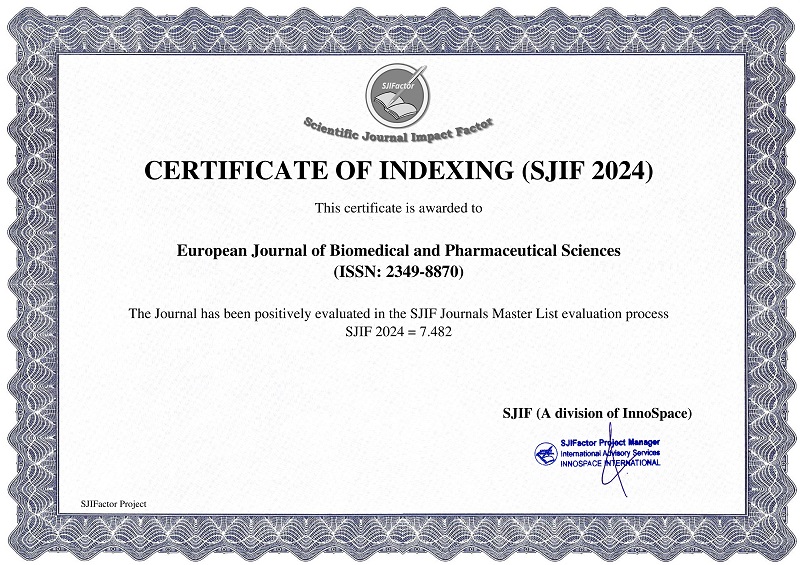THE PREVALENCE OF DEPRESSION IN MULTIPLE SCLEROSIS PATIENTS AND ITS RELATIONSHIP WITH SOME DEMOGRAPHIC AND CLINICAL VARIABLES IN AHVAZ GOLESTAN HOSPITAL
Masoumeh Nazarinasab, Nastaran Majdinasab and Maryam Sayed Aghamiri*
ABSTRACT
Introduction: The prevalence of depression in MS patients is significantly higher than this amount in general population or patients with general medical conditions except MS. Due to the high prevalence of depression in MS patients, its importance in quality of life and improvement of patients, its association with suicide and the possibility of effect on the duration of illness, depression in these patients was strongly studied. This study was designed to determine the prevalence and effective factors in depression in MS patients. Material and Method: This study was cross-sectional and descriptive-analytic that was performed on 230 patients referred to the MS association of Ahvaz Golestan Hospital in 2017. The patients are analyzed by demographic questionnaire, Beck depression test and modified Fatigue Impact Scale (MFIS) questionnaire. Finally, all analyses were performed using SPSS software version 20. Results: The frequency of MS type indicated that 208 subjects (90.4%) had RRMS and other types of MS were reported in 22 patients (9.6%). The average time of the disease was 4.34 ± 4.01% and the mean fatigue was 22.25 ± 20.02%. 110 (47.8%) patients did not have depression, 51 subjects (22.2%) had mild to moderate depression, 40 subjects (17.4%) had moderate to severe depression and 29 (12.6%) had severe depression. In general, 120 (52.2%) patients had depression. Conclusion: In general, more than half of MS patients had depression that was not associated with gender but depression increases in MS patient with increasing age, marital status, low level of literacy, other types of MS except PRMS, increased duration of illness and increased fatigue.
Keywords: Depression, Multiple Sclerosis, Beck depression test, Modified Fatigue Impact Scale.
[Full Text Article]
[Download Certificate]


 Impact Factor : 8.181
Impact Factor : 8.181 






